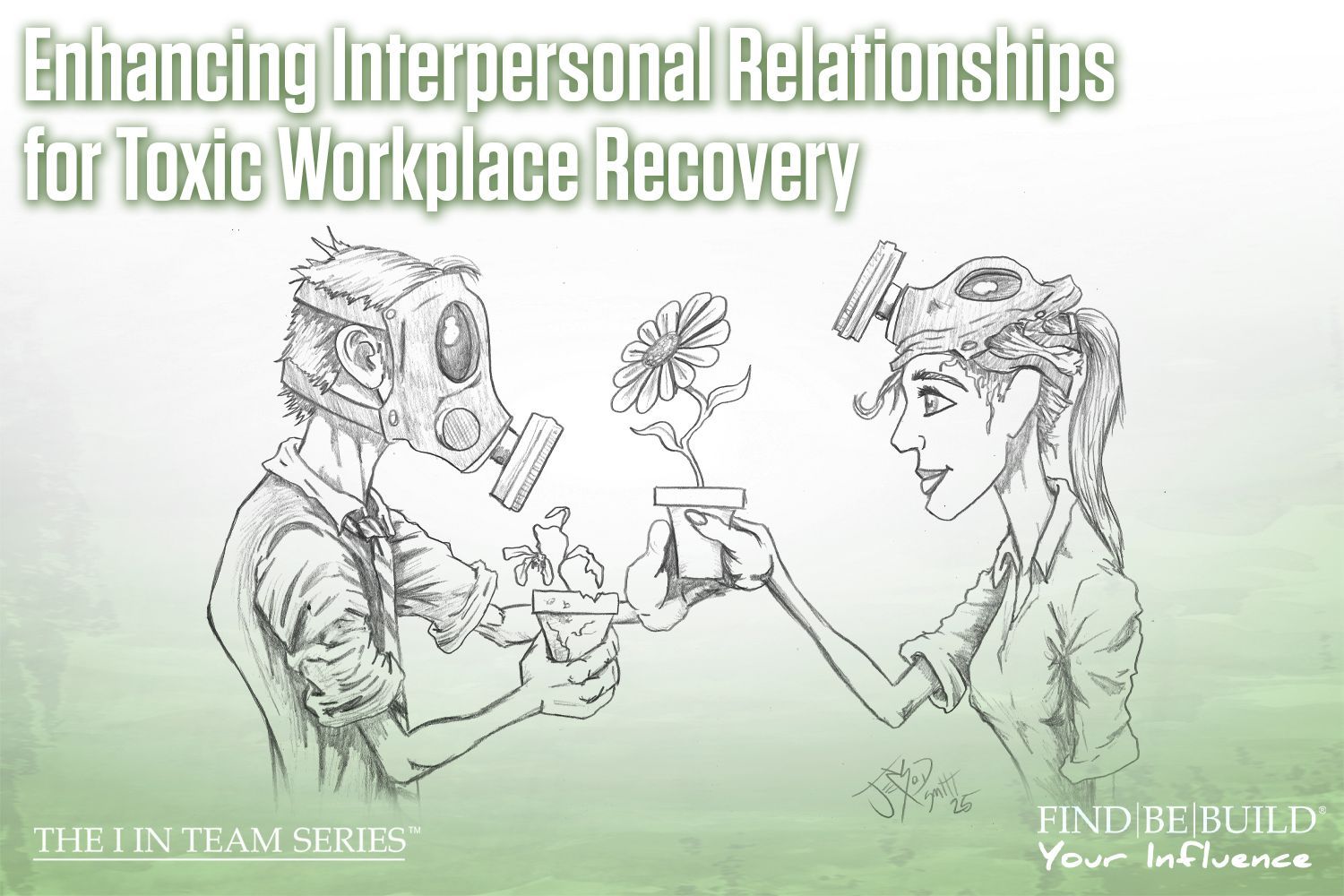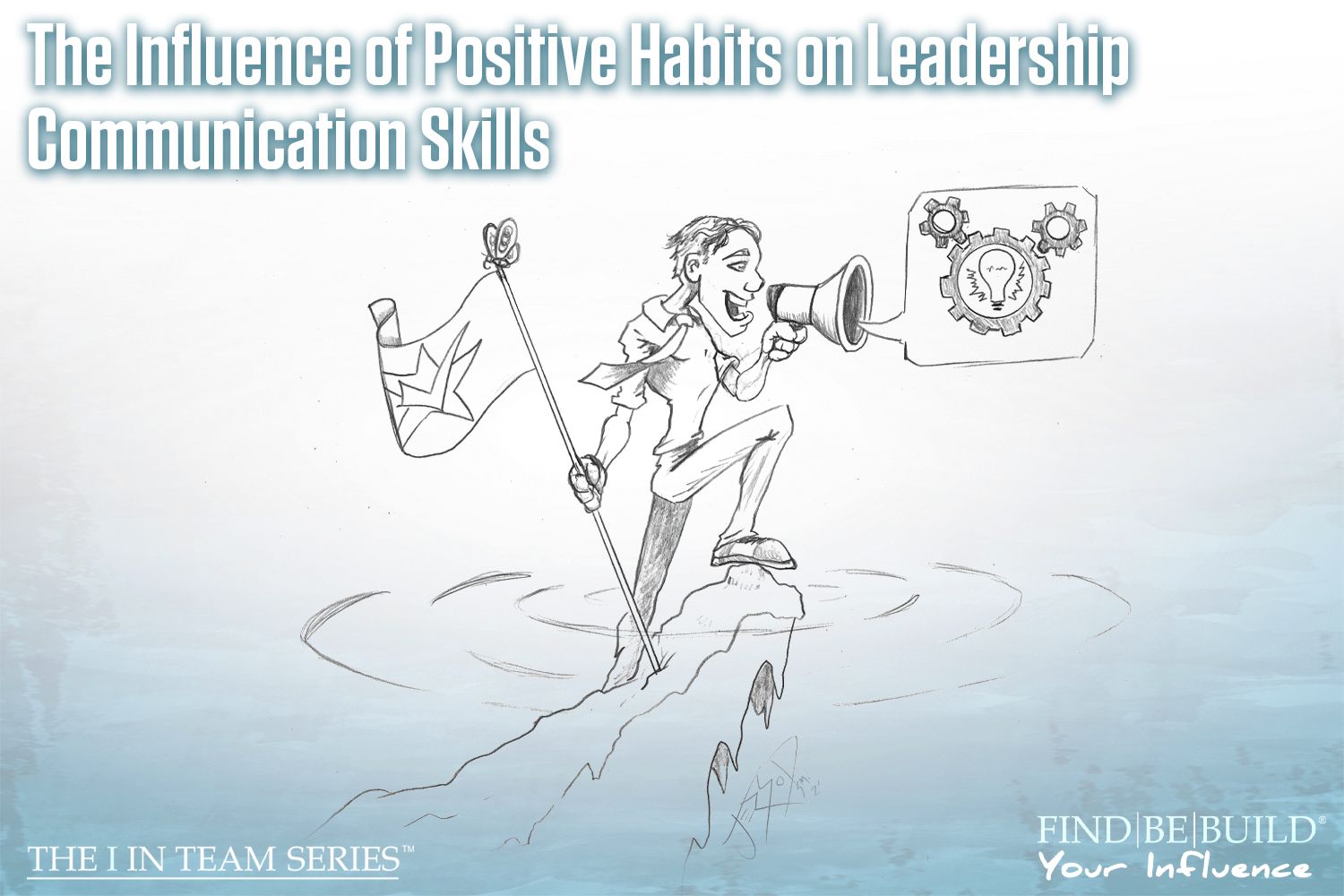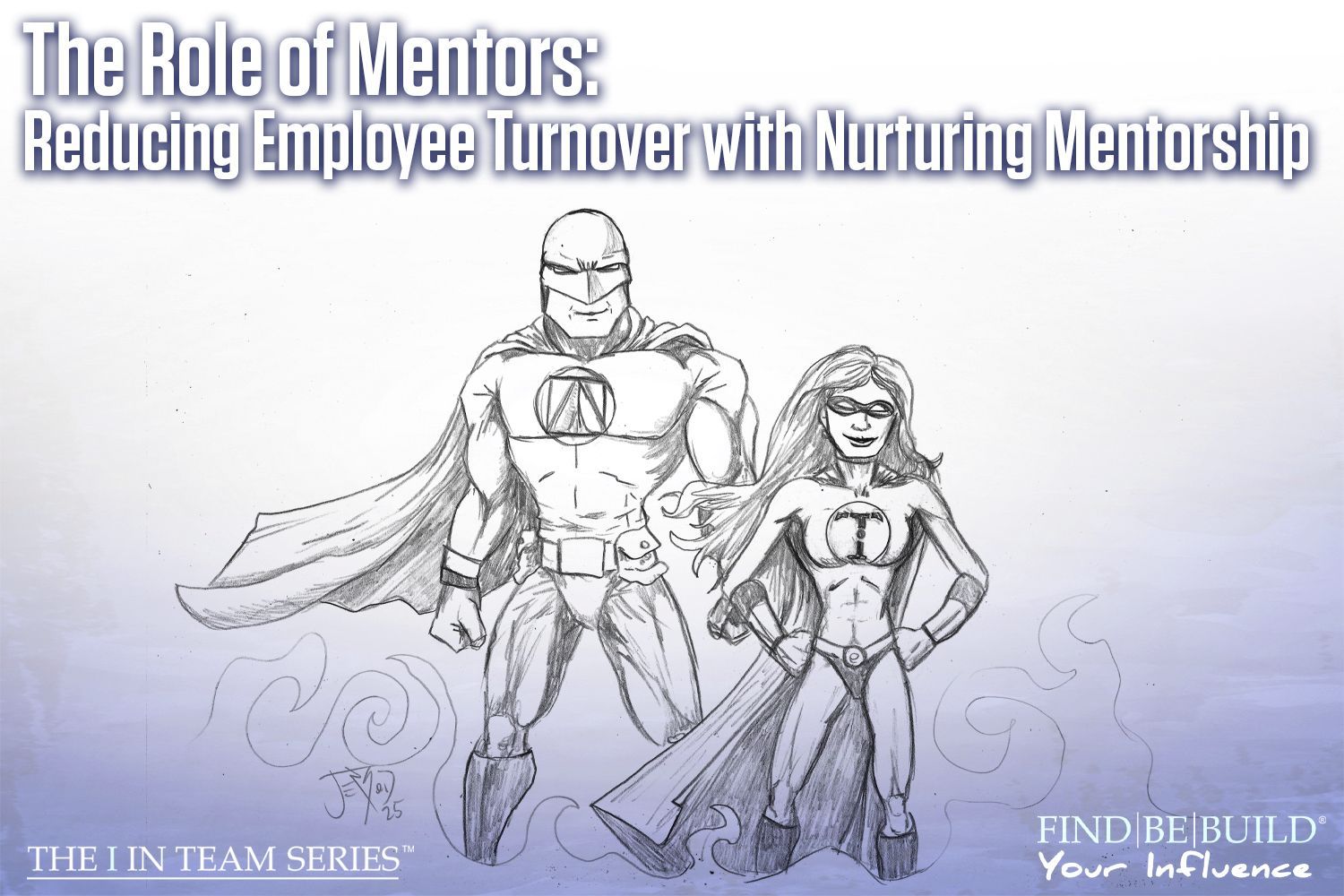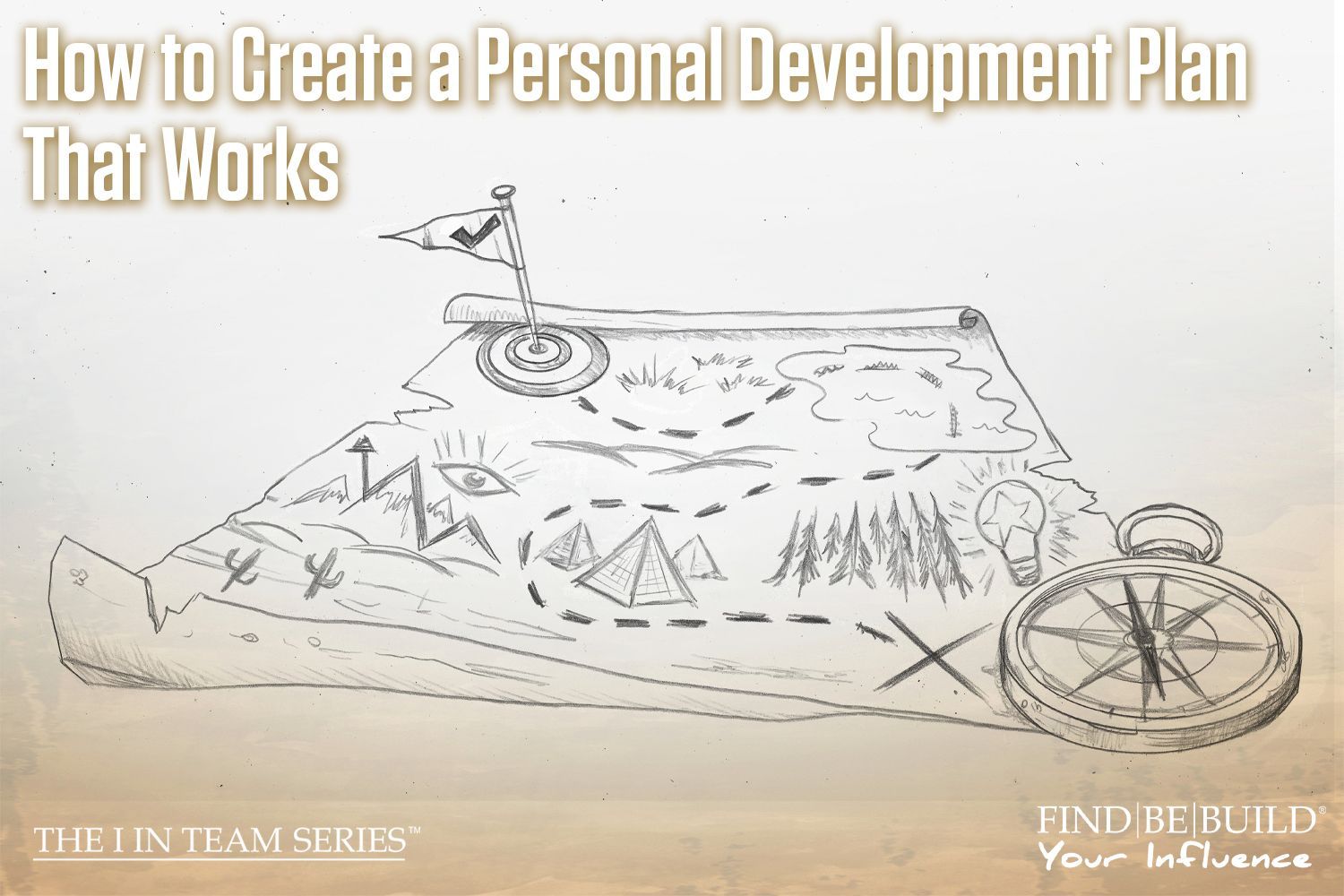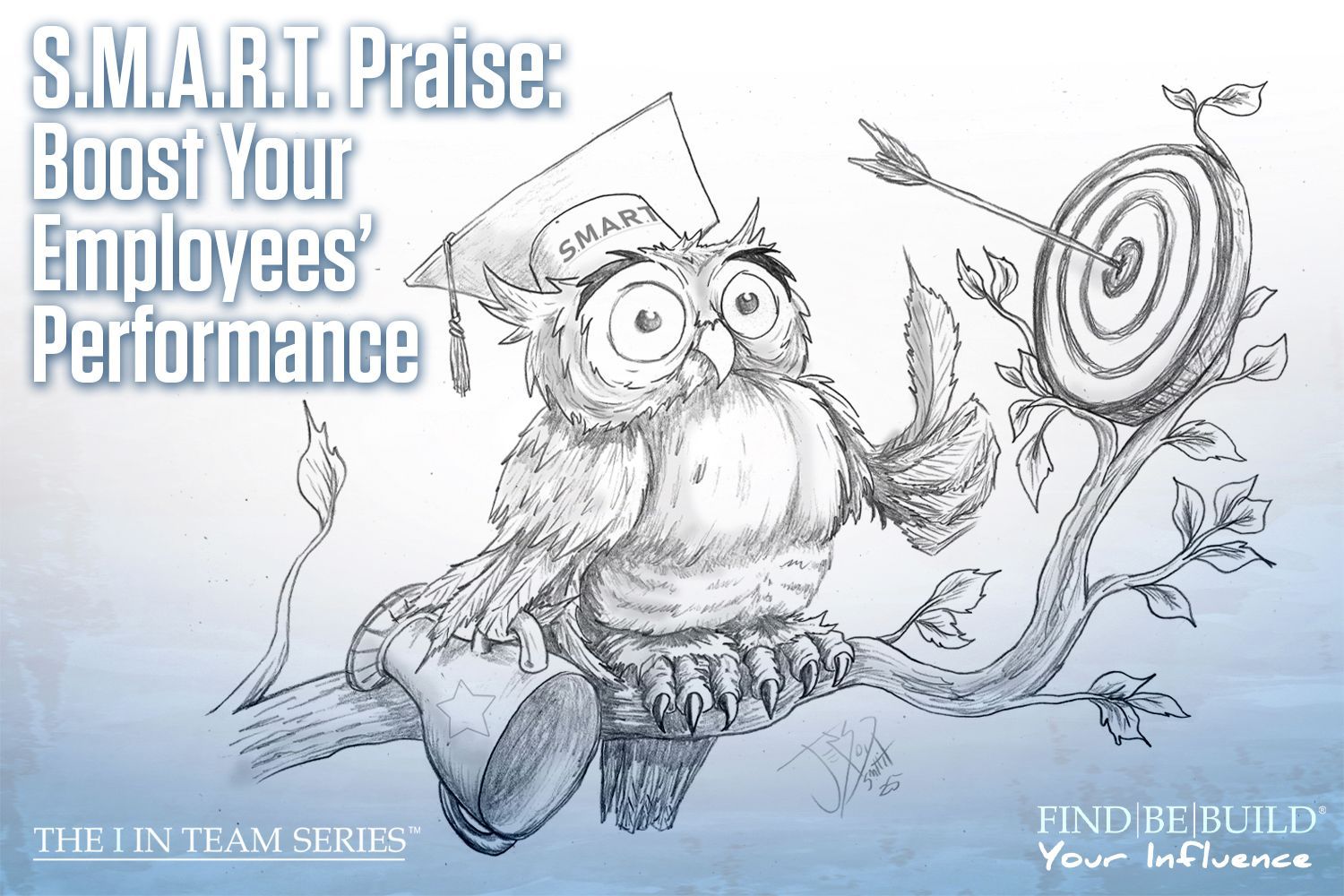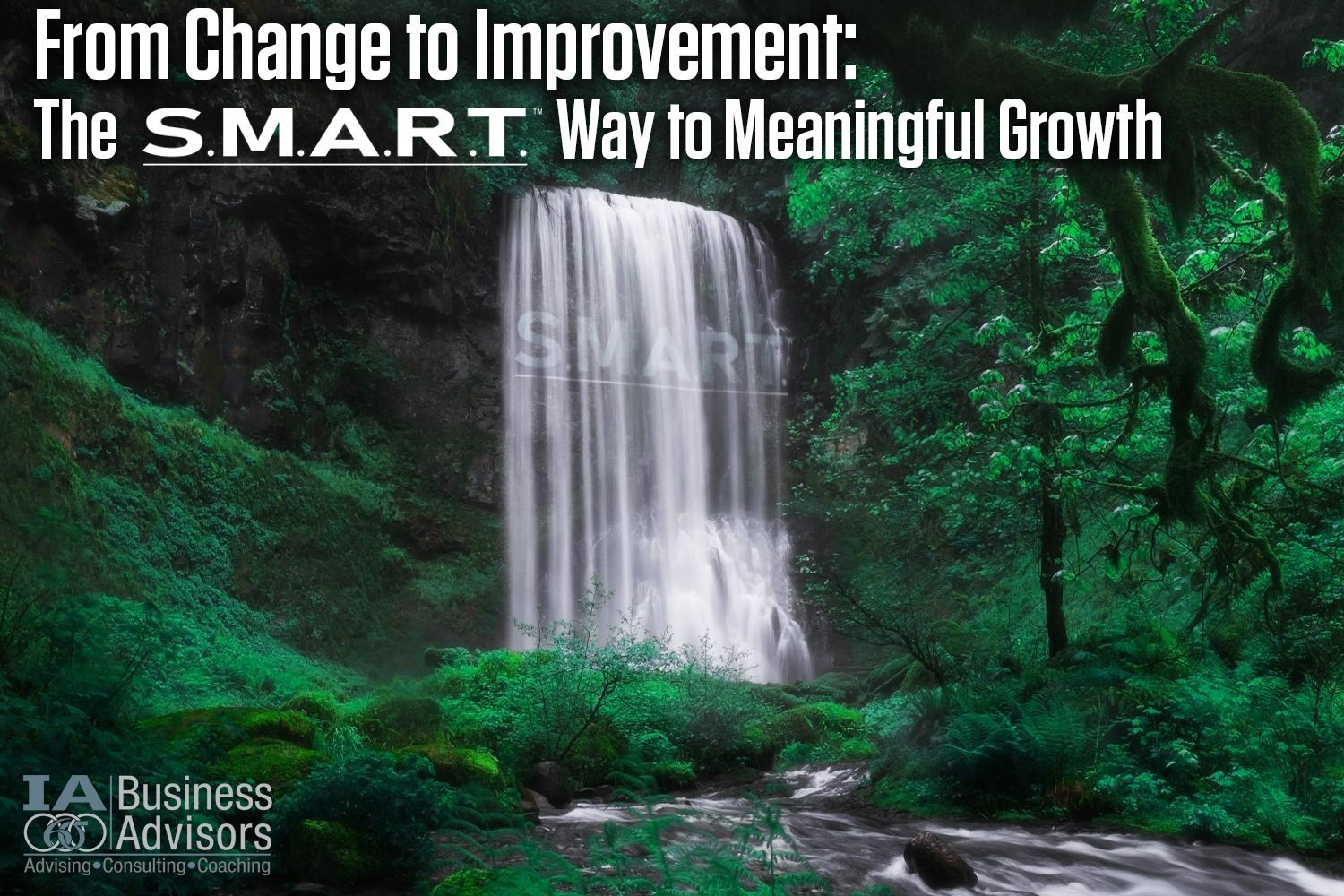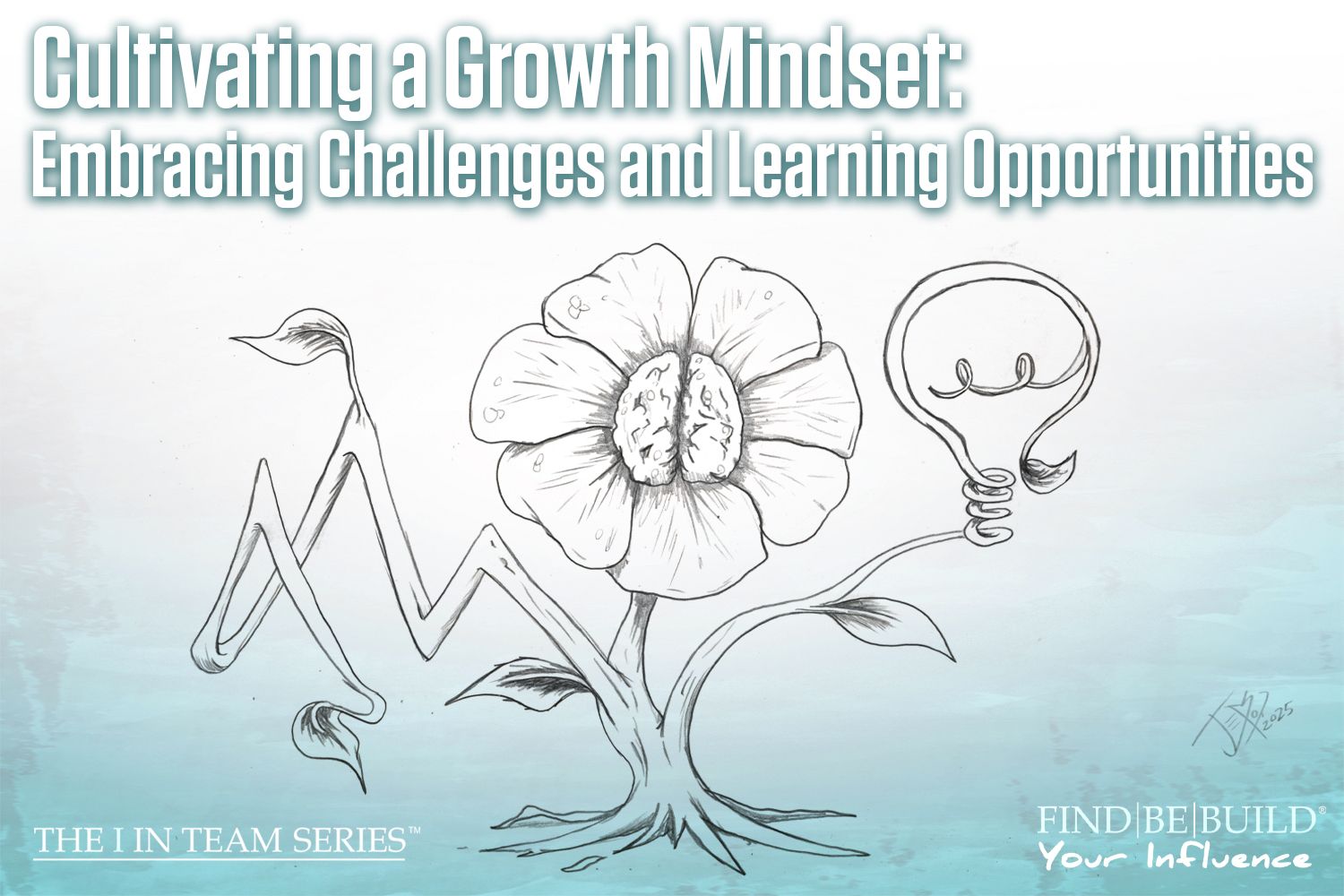Managing COVID-19 as a leader
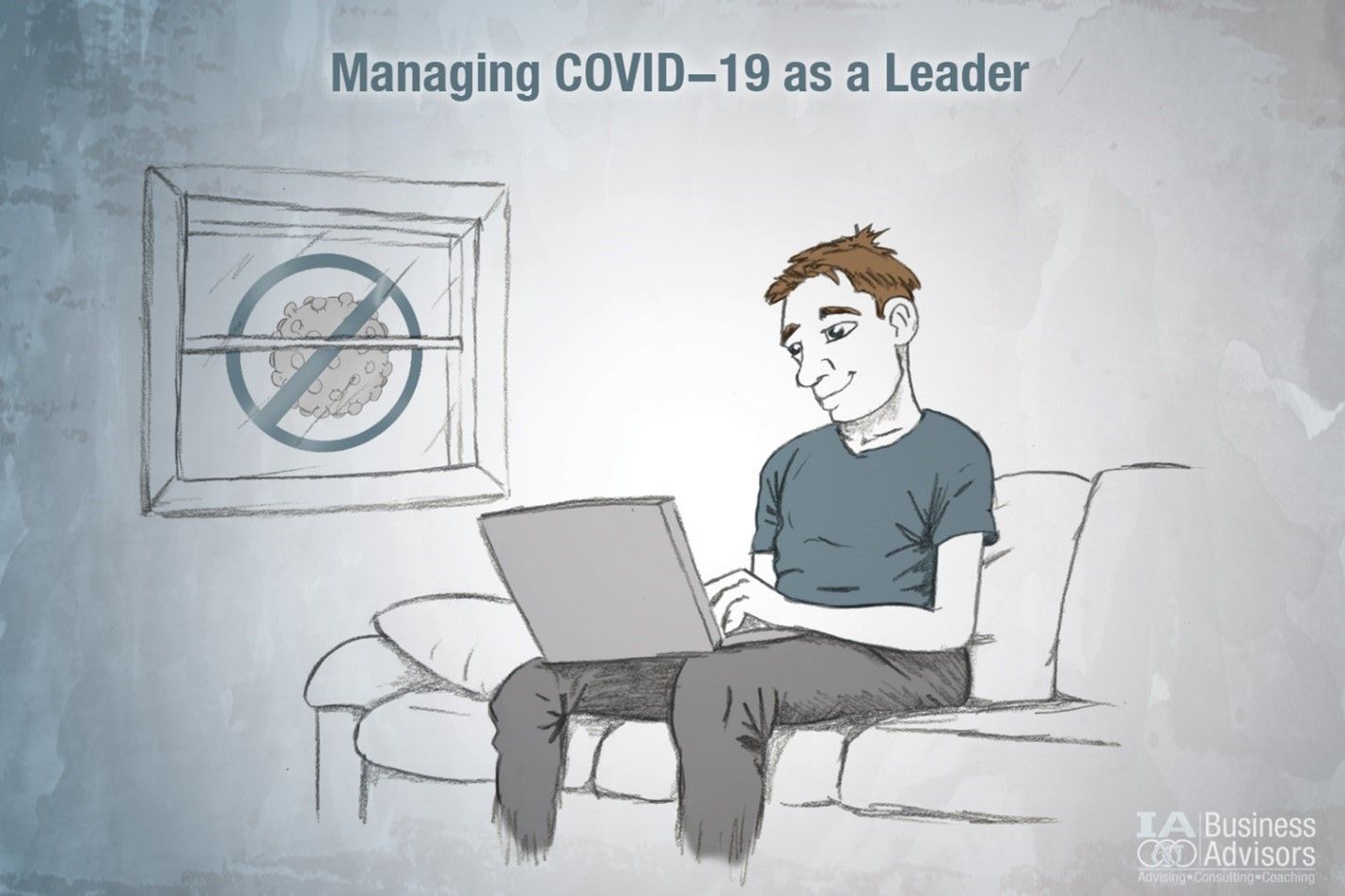
Business consulting during COVID-19
When tragedy strikes, we are often bombarded by both inspirational stories and those of disappointment. With COVID-19, we have witnessed this bombardment across every sector of business. We consult business leaders, managers, and employees all day and—nearly—all night about the various aspects of life being interrupted by this amazingly challenging time in history. IA Business Advisors offer this advice for managing the effects of COVID-19 as a leader.
Understanding the Effects
First, its important that leaders realize that different people have different ways of dealing with stress. In addition, people will have different stress and trigger points. For example, not everyone is concerned about finances or where they work from. Some people have family and friends that are being more negatively affected than them, creating a different kind of stress that can be misunderstood or dismissed by people who don’t find themselves influenced by such issues. Others find the entire COVID-19 crisis ridiculous or feel the world is overreacting, supported by phrases like, “What’s the big deal? The flu is worse.”
We had a few team members who thought this might be an overreaction. We read influenza statistics and compared them to the statistics for COVID-19, feeling the data supported this conclusion. However, we were wrong. We owe our families, team, and clients a more thoughtful and deeper review of the risks this crisis is bringing rapidly into our lives and are happy to have changed our position quickly enough to get just a touch in front of the ball. As a business leader, you owe it to yourself and those you influence to remain strong, objective yet stern, and positive in your influence.
Your Positive Influence
Honest and open communication is a vital part of any viable business, becoming critical during times of stress and crisis. Remaining objective yet positive will help you and your team remain in a mindset that can be the difference between your organization maintaining its viability and falling prey to negative emotional shut down. Having an honest discussion with your team about the status of your environment can alleviate stress from the unknown.
Use your influence to provide simple guidance. Don’t assume that everyone on your team is following directives such as social distancing and limited interactions. Challenge your team to remain prudent and observant about their situations, especially when dealing with people. This requires you to remain consistent in your messaging; habits are formed by consistent action and this is a perfect time to establish healthy habits.
There will be times when your positive influence is challenged by someone’s negative influence. Don’t exacerbate these issues with a negative response; now is the time to employ some empathy for the myriad of negative situations people are facing right now. We previously mentioned that people handle stress in different ways; one of those ways is being negative. Empathetically challenge them with facts.
One of our previous social media posts, regarding disaster loan assistance for COVID-19 from the U.S. Small Business Administration, has been challenged by people replying that the SBA is a government entity and do people really want to be indebted to the government. Our reply is simple: It depends on the business. Businesses faced with losing their company versus getting a disaster loan to save it may mean that being indebted to the SBA is the better choice. However, it’s a decision that each leader will need to make after reviewing the current and future status of their company.
Learn more about applying for disaster loan assistance by watching this video.
Situational Awareness
Preparing your team to be situationally aware is another habit you can train by remaining consistent in your communication. We must be prudent and teach our teams to remain aware of their surroundings. Having situational awareness requires us to slow down and pay attention; acting out of emotion or desperation may force us to take action that is poorly thought out and may become counterproductive to the threat we are facing.
Situational awareness is emotionally and physically important as we work from home, visit the grocery store, or visit with others. Maintaining a healthy body and mind is imperative, especially for those of us who will be isolated at home. Keep a regular schedule: wake up at your normal time, schedule breaks in your day, call a friend or family member, and do some yoga or go for a walk. Don’t forget to keep your mind engaged in fun activities. Start an art project, do a puzzle, play a game, read a book, or start on that personal to do list you’ve been meaning to get to.
When you’re out of the home, keeping people at safe distances (at least six feet) is as much your responsibility as it is theirs. If you find that people around you are violating social distancing, be mindful that you maintain at least six feet of space between you and them. Remind others if they begin to encroach on your space. You can do this kindly, and from what we have seen in public, people will be perceptive and kind. (A side positive note: We have noticed that people are calm and kind in stores; don’t be afraid to be kindly assertive to protect yourself and others.)
When and if you are out in public, maintain situational awareness of your surroundings as well. There will be people who will become opportunists and take advantage of the current crisis in a negative way. One of the best ways to protect yourself is to remain aware. This is also true of your home. Keep doors locked, don’t leave valuables where they can be seen from the outside, and remain safe and cautious. It’s better to be safe and take precautions.
Support Your Team
As a leader, sharing prudent and pragmatic information can help to get your team through this crisis. Empathy will get you even further. Be responsive and mindful of people’s emotions, even if that means monitoring their body language or non-verbal communication. Encourage your team to open up about the challenges they face and maintain an open line of communication that can support them.
Communicating with your team openly, honestly, and frequently about the status of your organization will help them better understand the short- and long-term consequences of this crisis. Support where you can and ask for help when you need it; understand that we will all make sacrifices and try to set a positive example for those you influence. Help your team get through this challenging time and establish a solid foundation for the future. If you have any specific questions, reach out to us: at support@iabusinessadvisors.com

